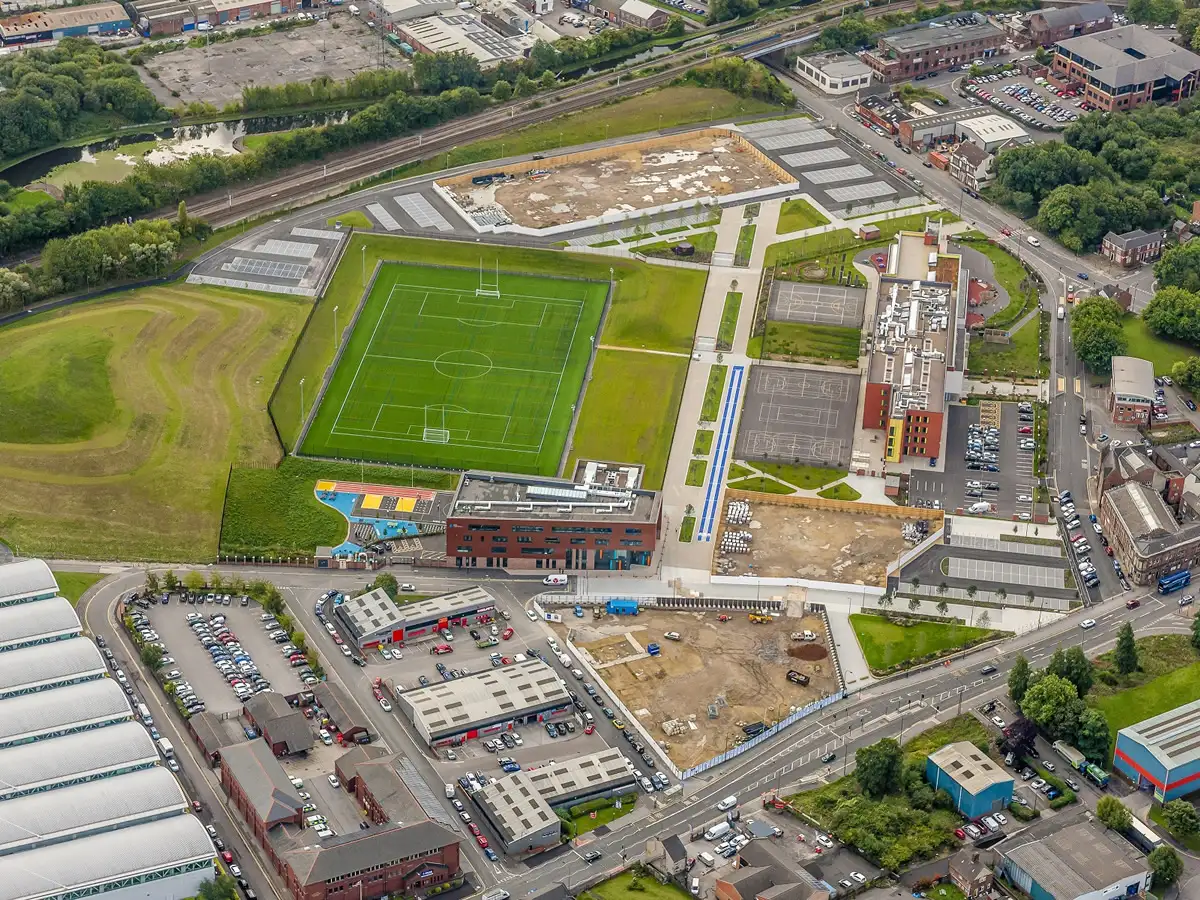Expansionist Blog: Sheffield’s Olympic legacy points to a bright future

It may seem strange to refer to Sheffield as an expansion point, but that’s what they were when the original club was founded back in 1984.
South Yorkshire has long been identified as a possible organic growth area for the sport given its proximity to the traditional heartlands, but the Eagles have experienced a somewhat turbulent existence.
The undoubted high point was their famous Challenge Cup final victory over Wigan in 1998, and they have also enjoyed success in the past decade, winning the Championship twice in 2012 and 2013.
They almost merged with Doncaster in 1995 to form a South Yorkshire club for the inception of Super League, and did merge with Huddersfield in 1999 which proved a disaster and the Huddersfield-Sheffield name didn’t even last a season before the Giants resumed control and a “new” Sheffield was started up by Aston in the Northern Ford Premiership the following year.
Their struggles have largely been off the pitch, particularly since Don Valley Stadium was closed in 2013 which has led them a pretty nomadic existence in recent seasons, taking them to Doncaster, Wakefield and a couple of other venues in Sheffield, including Bramall Lane and Owlerton Stadium.
But they are back in the city for 2018, and though ironically they are now facing some struggles on the pitch in terms of players and recruitment, and of course the nature of the past few years has caused some financial strife.
The man synonymous with Sheffield, part of that glorious day in 1998, and coach of their title winning teams, is Mark Aston, who has at times seemingly been on an almost one-man crusade to make things work for the greatest game in the steel city.
He said: “It’s going to be tough this year but the most important thing for us is that we’re going to be playing in Sheffield.
“Over the last four or five years, we’ve been all over the place and outside the city.
“The stadium won’t be complete until next year, but the posts and the pitch are down, the floodlights are up, it’ll be temporary this year, but by 2019 the stadium will hopefully be complete.
“It’s great news for us because it will basically be a purpose built rugby stadium which is something we have needed in Sheffield for a long, long time.”
The Eagles have had to fight tooth and nail for their rights to the Olympic Legacy Stadium, which will sit on the site of their former Don Valley Stadium home.
They lost out on the rights to ownership and development of the stadium and that had left question marks over their opportunities to play there, but it was confirmed back in October that an agreement had been reached between Legacy Park Ltd and Sheffield City Council.
The plan for the stadium is a 3,000 capacity stand on one side, with other semi-permanent stands on the other three sides.
This will then give Sheffield the opportunity to build and develop its fanbase, having often struggled with attendances in comparison to some of their Championship rivals in recent years, not helped of course by the uncertainty over their long-term home and future.
With the stadium now secured, growing the fanbase and the associated revenues will take over as the biggest challenge for Sheffield – getting the people of the city to buy in to Aston’s undoubted enthusiasm and passion for the game and Sheffield itself.

